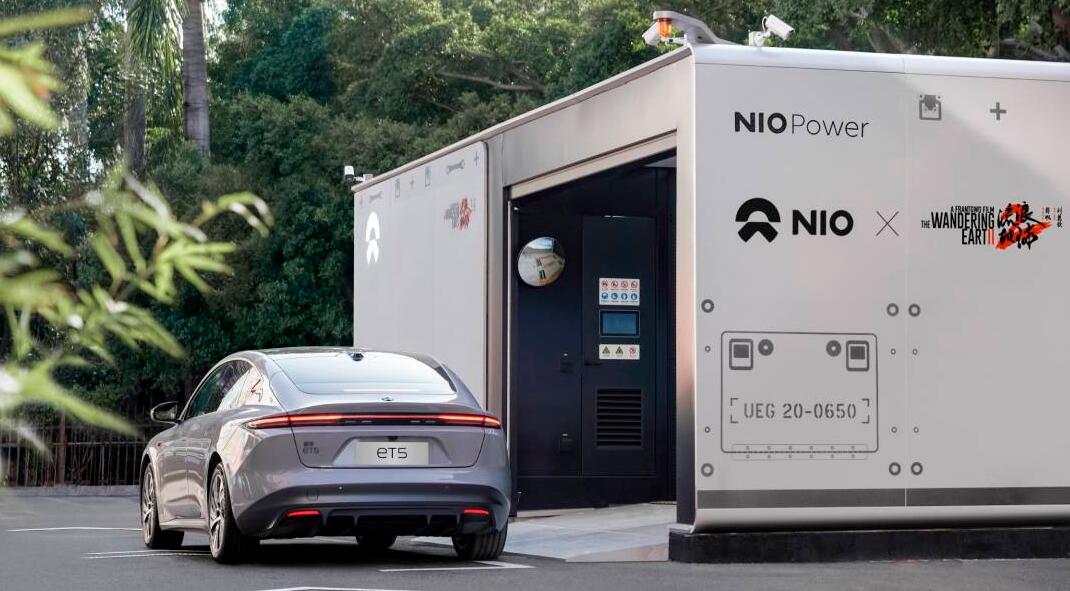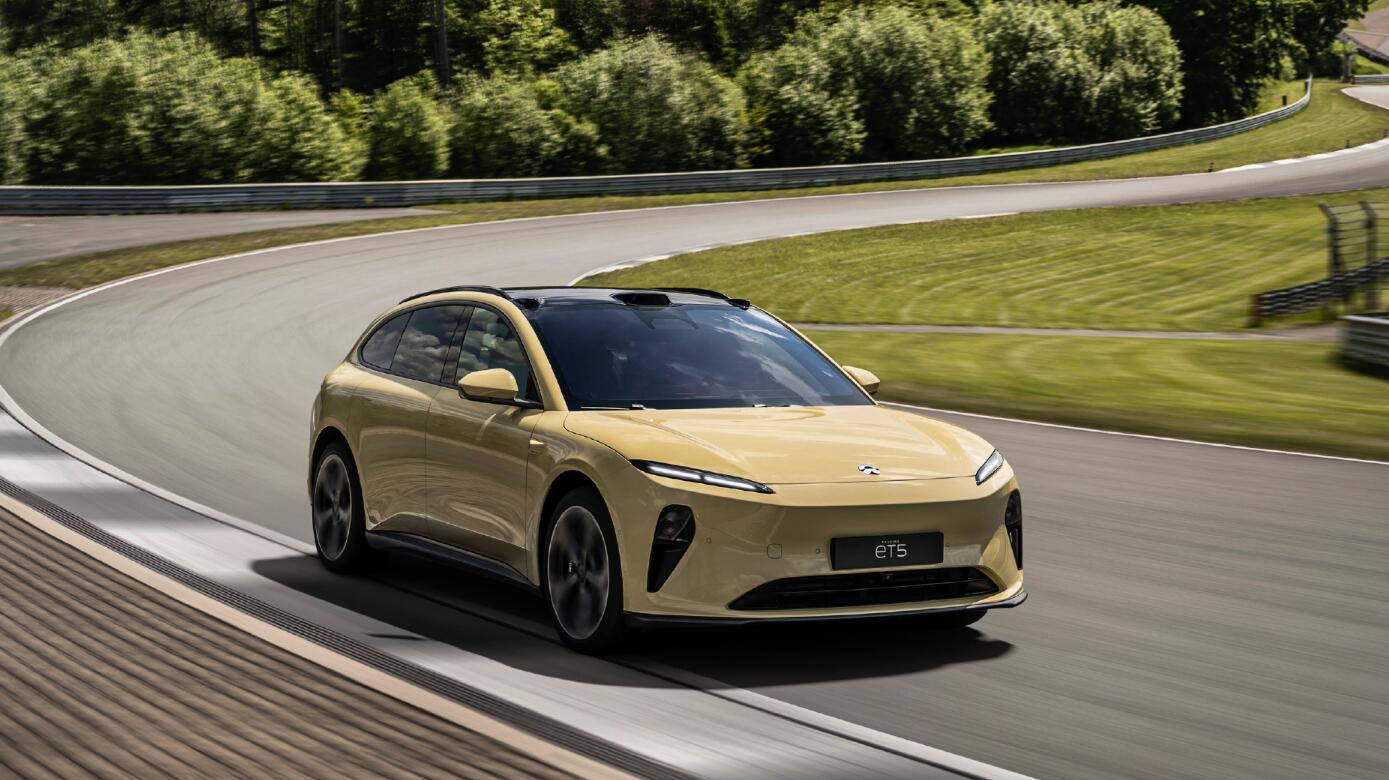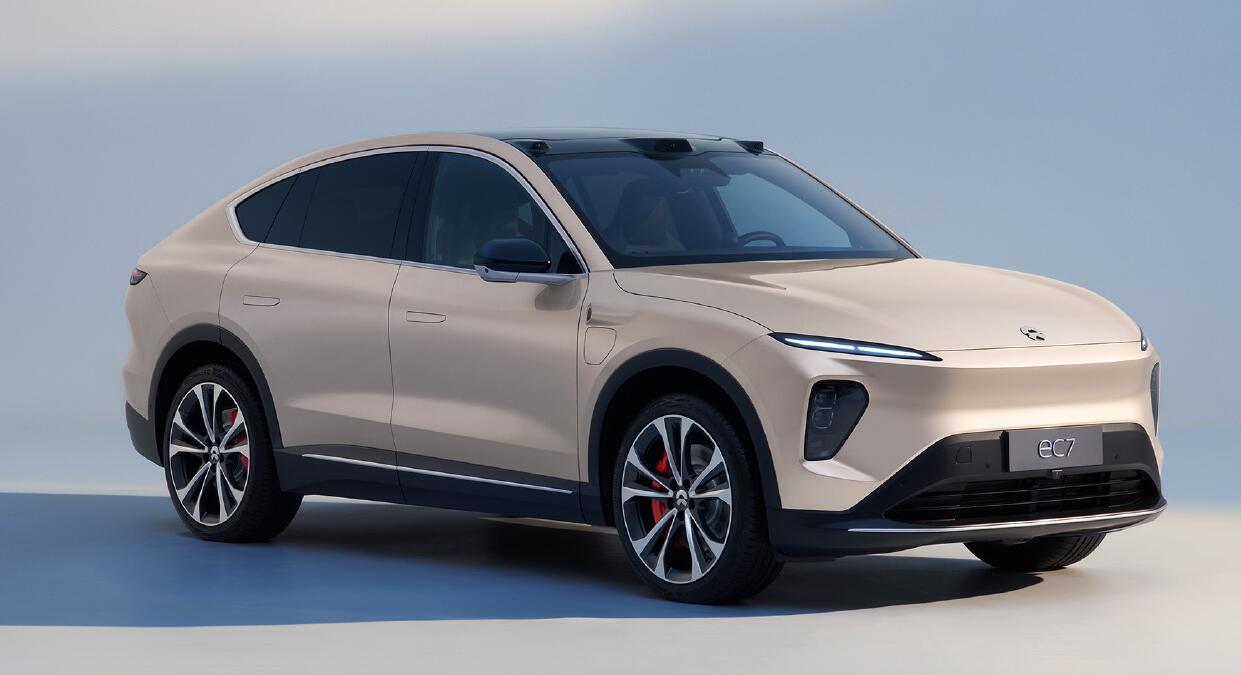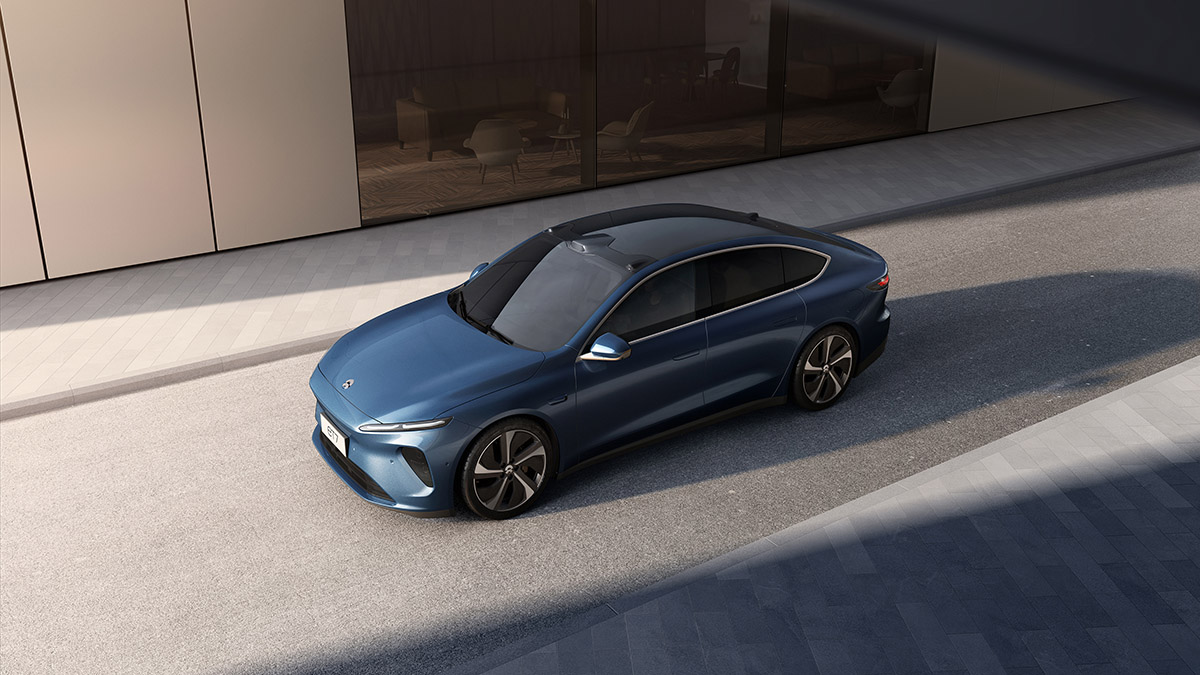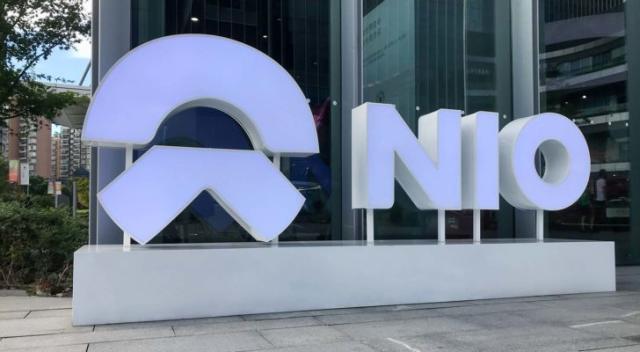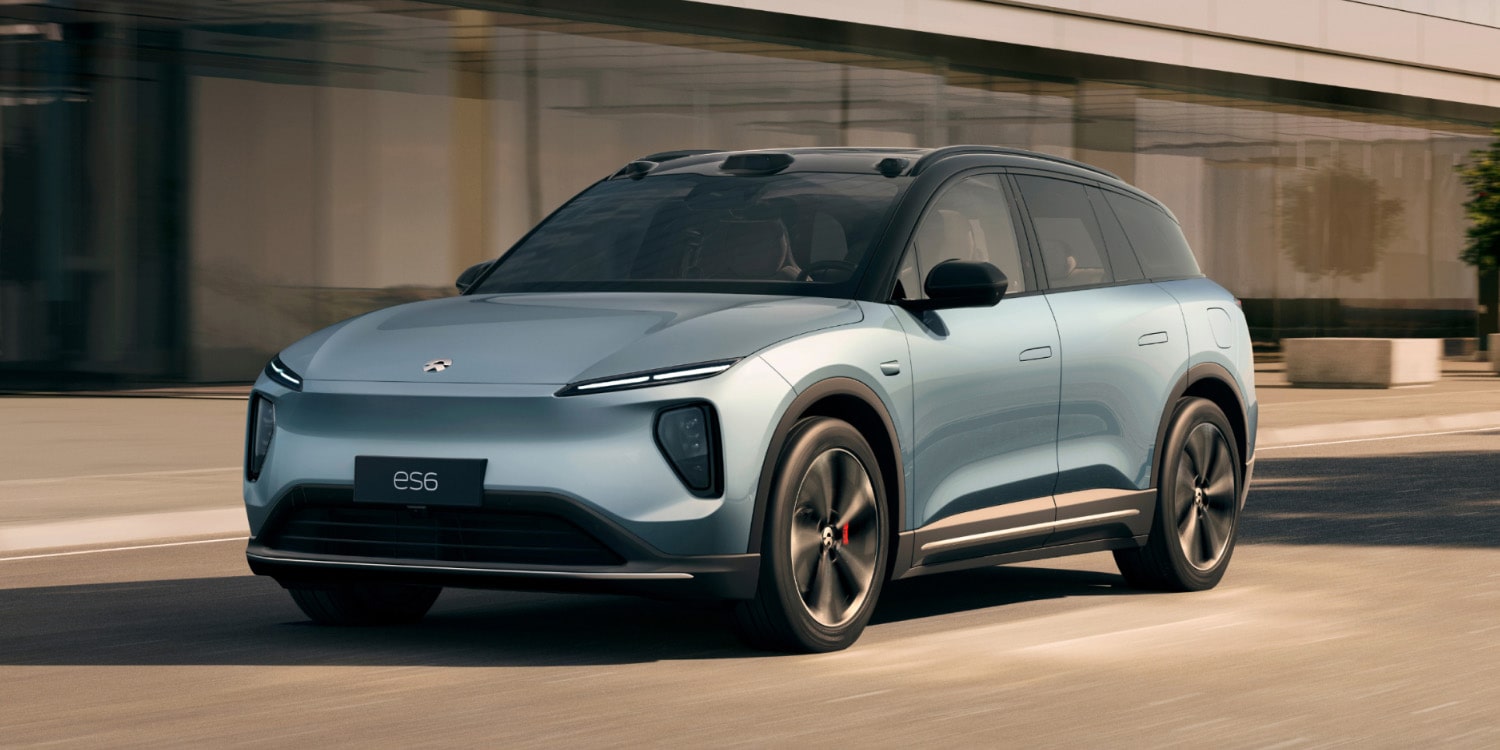Electric vehicle startup NIO has formed partnerships with leading oil companies in China to accelerate the growth of its battery swapping network, signalling its commitment to promote electric vehicle adoption in the country.
With ambitious targets in mind, NIO aims to build 1,000 swapping stations in China this year, working towards a total of 2,300 sites by the year-end.
On June 27, NIO signed a strategic cooperation framework agreement with China National Offshore Oil Corp in Anhui province, with a shared goal of jointly developing EV charging and battery swapping infrastructure across the nation. While specific numbers were not disclosed, three EV charging and battery swapping stations are already operational as part of this collaboration.
NIO initiated its partnerships with China’s three major oil companies in 2021, beginning with a joint agreement with China Petrochemical Corp (Sinopec) to develop battery swapping stations. Subsequently, NIO achieved a significant milestone by establishing two battery swapping stations with China National Petroleum Corp (CNPC) in Shaanxi province, further strengthening its energy replenishment network.
Experts suggest that NIO’s ambition to deploy 4,000 battery swapping stations worldwide by 2025 aligns with the oil companies’ efforts to diversify their businesses. These companies have been exploring non-oil ventures, such as EV charging and battery swapping services, in response to the increasing growth of new energy vehicles and transformative transportation technology in China.
Luo Zuoxian, head of intelligence and research at the Sinopec Economics and Development Research Institute, notes that China’s dynamic market for both energy companies and EV manufacturers is driven by a surge in new energy vehicle adoption and technological advancements. The collaboration between NIO and the oil giants, leveraging their extensive retail networks and manufacturing capacity, is expected to accelerate the development of advanced fast-charging solutions, benefiting retail customers.
During the 14th Five-Year Plan (2021-25) period, Sinopec aims to establish 5,000 battery swapping stations, while CNPC targets over 1,000 EV charging and battery swapping stations by the end of 2025.
Lin Boqiang, head of the China Institute for Studies in Energy Policy at Xiamen University, highlights that technological advancements have spurred significant investment from companies and governments globally, with a focus on dominating the next generation of energy technology. The partnership between NIO and the oil companies underlines NIO’s commitment to expanding its presence in the EV market, both domestically and internationally.
In addition to domestic energy players, NIO has also entered strategic cooperation agreements with international energy giants, including British energy company BP and Royal Dutch Shell. As per the agreement with Shell, the two companies will develop a network of co-branded battery swapping stations, with a target of establishing 100 sites by 2025. Moreover, they plan to collaborate in Europe to provide customers with access to one of the largest roaming EV charging networks on the continent.
While some critics view battery swapping stations as costly investments, NIO counters that battery swapping offers a faster solution for powering up EVs and serves as an energy storage facility, contributing to grid stability.
Alongside NIO, other automakers like BAIC and battery manufacturer CATL are also exploring the battery swapping segment, with many of their models now capable of battery swapping.
Analysts at Founder Securities project that China will witness 3.2 million battery-swapping cars and over 28,000 battery swapping stations by 2025. Dongwu Securities predicts that the number of new battery swapping stations will surpass 16,000, with an additional investment exceeding 60 billion yuan ($8.4 billion) by the same year.
By the end of June, there were 2,266 battery swapping stations across China, according to the China Electric Vehicle Charging Infrastructure Promotion Alliance. This highlights the significant potential for further expansion of battery swapping stations in the country, emphasising its significance in the evolving EV landscape.

